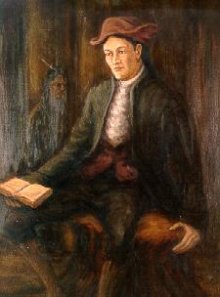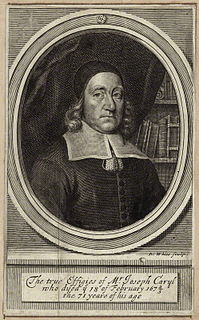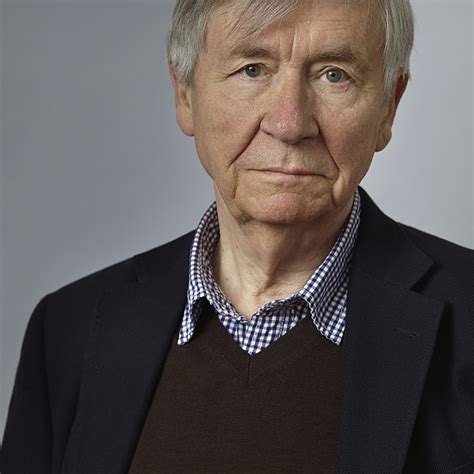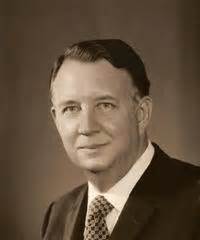A Quote by Vincent de Paul
Oh! how happy the man of means who uses his wealth and his life for the greater glory of God, from whom he has received them!
Related Quotes
O how much mercy have I received the year past! How often has God caused his goodness to pass before me! And how poorly have I answered the vows I made this time twelve-month, to be wholly the Lord's, to be forever devoted to his service! The Lord help me to live more to his glory for the time to come. This has been a sweet, a happy day to me; blessed be God... I hardly ever so longed to live to God and to be altogether devoted to Him. I wanted to wear out my life in His service, and for His glory.
Every man should write a brief history of his life: his parentage, his birth, his religion, when he was baptized and by whom, when ordained, what to, and by whom-give a brief sketch of all his missions and of all his official acts and the dealings of God with him. Then if he were to die and the historians wished to publish his history, they would have something to go by.
God takes the most eminent and choicest of His servants for the choicest and most eminent afflictions. They who have received most grace from God are able to bear most afflictions from God. Affliction does not hit the saint by chance, but by direction. God does not draw His bow at a venture. Every one of His arrows goes upon a special errand and touches no breast but his against whom it is sent. It is not only the grace, but the glory of a believer when we can stand and take affliction quietly
In all His acts God orders all things, whether good or evil, for the good of those who know Him and seek Him and who strive to bring their own freedom under obedience to His divine purpose. All that is done by the will of God in secret is done for His glory and for the good of those whom He has chosen to share in His glory.
To Whom does our God say, 'in our image' (Gen. 1:26), to whom if it is not to Him who is 'the brightness of His glory and the express image of His Person' (Heb. 1:3), 'the image of the invisible God' (Col. 1:15)? It is then to His living image, to Him Who has said 'I and My Father are one' (Jn. 10:30), 'He who has seen Me has seen the Father' (Jn. 14:9), that God says, 'Let us make man in our image'.
There is no wealth but life. Life, including all its powers of love, of joy, and of admiration. That country is the richest which nourishes the greatest numbers of noble and happy human beings; that man is richest, who, having perfected the functions of his own life to the utmost, has also the widest helpful influence, both personal, and by means of his possessions, over the lives of others.
The man who fears to be alone will never be anything but lonely, no matter how much he may surround himself with people. But the man who learns, in solitude and recollection, to be at peace with his own loneliness, and to prefer its reality to the illusion of merely natural companionship, comes to know the invisible companionship of God. Such a one is alone with God in all places, and he alone truly enjoys the companionship of other men, because he loves them in God in Whom their presence is not tiresome, and because of Whom his own love for them can never know satiety.
When the sacredness of one's word is matched in the attributes of his character throughout, all that constitutes a man, then we find that there is something in a man's life greater than his occupation or his achievements; grander than acquisition or wealth; higher than genius; more enduring than fame.
Writing is a vocation and, as in any other calling, a writer should develop his talents for the greater glory of God. Novels should be neither homilies nor apologetics: the author's faith, and the grace he has received, will become apparent in his work even if it does not have Catholic characters or a Catholic theme.
Devotion signifies a life given, or devoted, to God. He therefore is the devout man, who lives no longer to his own will, or the way and spirit of the world, but to the sole will of God, who considers God in everything, who serves God in everything, who makes all the parts of his common life, parts of piety, by doing everything in the name of God, and under such rules as are conformable to His glory.
By His gracious condescension God became man and is called man for the sake of man and by exchanging His condition for ours revealed the power that elevates man to God through his love for God and brings God down to man because of His love for man. By this blessed inversion, man is made God by divinization and God is made man by hominization. For the Word of God and God wills always and in all things to accomplish the mystery of His embodiment.





































